Native American Heritage Month
by Victoria Lafean, Adult Programming Librarian
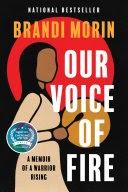 Native American Heritage Month, observed each November, is a time to honor the rich histories, cultures and contributions of Indigenous peoples across North America. It’s both a celebration and a chance to deepen public understanding of Native American legacies.
Native American Heritage Month, observed each November, is a time to honor the rich histories, cultures and contributions of Indigenous peoples across North America. It’s both a celebration and a chance to deepen public understanding of Native American legacies.
Throughout history, Native communities have shown resilience and strength amid challenges like displacement and cultural suppression. This month encourages reflection on those struggles and recognition of efforts to preserve Indigenous languages, traditions, and identities.
It also amplifies Indigenous voices and invites everyone to engage with Native art, music, storytelling, and culture. Events and gatherings help break down stereotypes and foster respect and understanding.
By participating, individuals and communities can celebrate, support, and acknowledge the enduring presence and impact of Native peoples in shaping our shared history and future.
As a member of the Ojibwe Tribe with a goal to deepen my knowledge of my own culture, I have found that the Manhattan Public library has a growing collection of Native American selections. If you are interested in learning more about the Indigenous peoples of our country, I recommend these publications.
“Prison Writings: My Life Is My Sun Dance” by Leonard Peltier
“Prison Writings: My Life Is My Sun Dance” is a memoir and manifesto by activist Leonard Peltier, chronicling his life in confinement, the events leading to his conviction for the murders of two FBI agents, and his reflections on Native American struggles and the spiritual practice of the Sun Dance. The book explores themes of injustice, resilience, and hope, interwoven with personal essays, poems and powerful statements on spirituality and the systemic oppression of Indigenous peoples in America.
Leonard Peltier was released from prison on February 18, 2025, after President Joe Biden commuted his life sentence in the final hours of his presidency. Peltier, an American Indian activist convicted for the 1975 murder of two FBI agents at Pine Ridge Reservation, returned to his home on the Turtle Mountain Band of Chippewa reservation in North Dakota. He is now under home confinement, not a full release from parole conditions. The case of Leonard Peltier remains controversial, with some believing his conviction was unjust and others maintaining his guilt. He is a symbol for many in the American Indian Movement and a focus of ongoing support from Indigenous communities and human rights organizations.
“Becoming Kin: An Indigenous Call to Unforgetting the Past and Reimagining Our Future” by Patty Krawec
“Weaving her own story with the story of her ancestors and with the broader themes of creation, replacement, and disappearance, Krawec helps readers see settler colonialism through the eyes of an Indigenous writer. This remarkable sojourn through Native and settler history, myth, identity, and spirituality helps us retrace our steps and pick up what was lost along the way: chances to honor rather than violate treaties, to see the land as a relative rather than a resource, and to unravel the history we have been taught.”
“The Cherokee Nation and The Trail of Tears” by Theda Perdue
“In the early nineteenth century, the U.S. government shifted its policy from trying to assimilate American Indians to relocating them and proceeded to forcibly drive seventeen thousand Cherokees from their homelands. This journey of exile became known as the Trail of Tears. Historians Perdue and Green reveal the government’s betrayals and the divisions within the Cherokee Nation, follow the exiles along the Trail of Tears, and chronicle the hardships found in the West. In its trauma and tragedy, the Cherokee diaspora has come to represent the irreparable injustice done to Native Americans in the name of nation building-and in their determined survival, it represents the resilience of the Native American spirit.”
“Our Voice of Fire: A Memoir of a Warrior Rising” by Brandi Morin
“A wildfire of a debut memoir by internationally recognized French/Cree/Iroquois journalist Brandi Morin set to transform the narrative around Indigenous Peoples. Brandi Morin is known for her clear-eyed and empathetic reporting on Indigenous oppression in North America. She is also a survivor of the Missing and Murdered Indigenous Women and Girls crisis and uses her experience to tell the stories of those who did not survive the rampant violence. From her time as a foster kid and runaway who fell victim to predatory men and an oppressive system to her career as an internationally acclaimed journalist, ‘Our Voice of Fire’ chronicles Morin’s journey to overcome enormous adversity and find her purpose, and her power, through journalism. This compelling, honest book is full of self-compassion and the purifying fire of a pursuit for justice.”
Native American history and heritage reflect a legacy of resilience, wisdom and deep connection to the land. Honoring this legacy means not only remembering the past but also respecting Indigenous voices and contributions as we work toward a more inclusive and just future. I hope this encourages you to visit the local library to learn about our nation’s first peoples.
Manhattan Public Library is a cornerstone of free and equal access to a world of ideas and information for the Manhattan, Kansas, community. Learn more at mhklibrary.org.


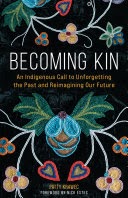
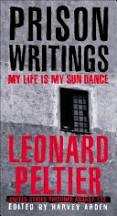
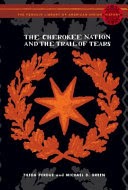
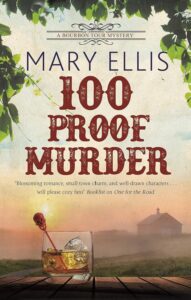 Bourbon can be a fulfilling hobby, encompassing various aspects like collecting, tasting, learning about its history and production, and even home distilling on a small scale. Many enthusiasts find it a rewarding experience, fostering community and offering opportunities for education and enjoyment. Bourbon is a type of American whiskey, specifically defined by its production methods and ingredients. It must be made in the United States, with at least 51% corn in the grain bill, distilled at or below 160 proof, and aged in new, charred oak barrels. This process results in a whiskey known for its rich, often sweet, and spicy flavor profile, with notes of vanilla and caramel. The Manhattan Public Library is here to help you further this interest, whether it be in our fiction stacks or our non-fiction stacks.
Bourbon can be a fulfilling hobby, encompassing various aspects like collecting, tasting, learning about its history and production, and even home distilling on a small scale. Many enthusiasts find it a rewarding experience, fostering community and offering opportunities for education and enjoyment. Bourbon is a type of American whiskey, specifically defined by its production methods and ingredients. It must be made in the United States, with at least 51% corn in the grain bill, distilled at or below 160 proof, and aged in new, charred oak barrels. This process results in a whiskey known for its rich, often sweet, and spicy flavor profile, with notes of vanilla and caramel. The Manhattan Public Library is here to help you further this interest, whether it be in our fiction stacks or our non-fiction stacks.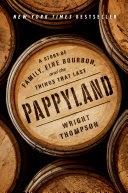
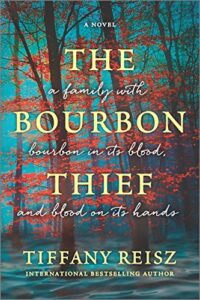 “Betrayal, revenge and a family scandal that bore a 150-year-old mystery. When Cooper McQueen wakes up from a night with a beautiful stranger, it’s to discover he’s been robbed. The only item stolen–a million-dollar bottle of bourbon. The thief, a mysterious woman named Paris, claims the bottle is rightfully hers. After all, the label itself says it’s property of the Maddox family who owned and operated Red Thread Bourbon distillery since the last days of the Civil War, until the company went out of business for reasons no one knows.”
“Betrayal, revenge and a family scandal that bore a 150-year-old mystery. When Cooper McQueen wakes up from a night with a beautiful stranger, it’s to discover he’s been robbed. The only item stolen–a million-dollar bottle of bourbon. The thief, a mysterious woman named Paris, claims the bottle is rightfully hers. After all, the label itself says it’s property of the Maddox family who owned and operated Red Thread Bourbon distillery since the last days of the Civil War, until the company went out of business for reasons no one knows.”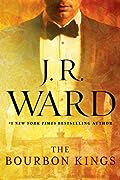
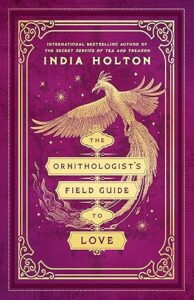 As a youth, I loved high fantasy: expansive worldbuilding, epic storylines, and difficult-to-pronounce imaginary names. Tamora Pierce’s books whet my palate early on, and I tore through series after series, devouring legendary tales and mythic adventures, loving every second.
As a youth, I loved high fantasy: expansive worldbuilding, epic storylines, and difficult-to-pronounce imaginary names. Tamora Pierce’s books whet my palate early on, and I tore through series after series, devouring legendary tales and mythic adventures, loving every second.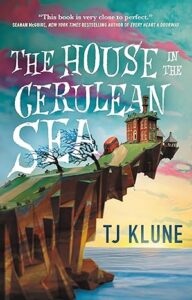
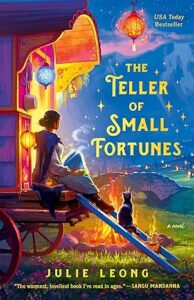
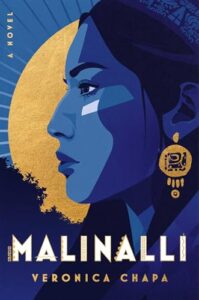
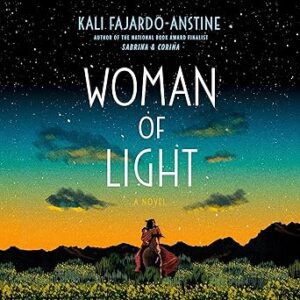 “Luz ‘Little Light’ Lopez, a tea leaf reader and laundress, is left to fend for herself after her older brother, Diego, a snake charmer and factory worker, is run out of town by a violent white mob. As Luz navigates 1930’s Denver on her own, she begins to have visions that transport her to her Indigenous homeland in the nearby Lost Territory. Luz recollects her ancestors’ origins, how her family flourished and how they were threatened. She bears witness to the sinister forces that have devastated her people and their homelands for generations. In the end, it is up to Luz to save her family stories from disappearing into oblivion.”
“Luz ‘Little Light’ Lopez, a tea leaf reader and laundress, is left to fend for herself after her older brother, Diego, a snake charmer and factory worker, is run out of town by a violent white mob. As Luz navigates 1930’s Denver on her own, she begins to have visions that transport her to her Indigenous homeland in the nearby Lost Territory. Luz recollects her ancestors’ origins, how her family flourished and how they were threatened. She bears witness to the sinister forces that have devastated her people and their homelands for generations. In the end, it is up to Luz to save her family stories from disappearing into oblivion.”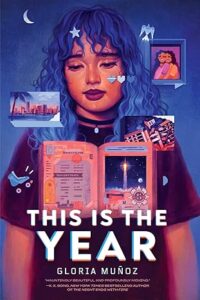
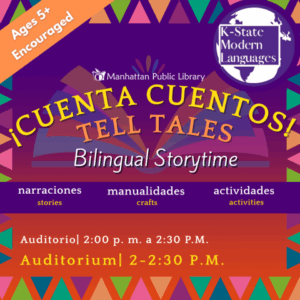
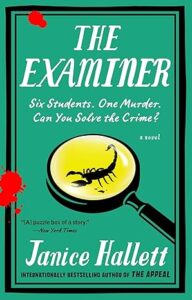
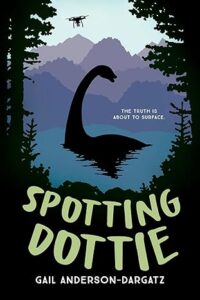 Libraries are a place for all, and the Manhattan Public Library has recently taken a step towards making reading more accessible for readers with dyslexia by identifying print books with dyslexic-friendly fonts and books with high interest and low vocabulary, making them searchable within the catalog.
Libraries are a place for all, and the Manhattan Public Library has recently taken a step towards making reading more accessible for readers with dyslexia by identifying print books with dyslexic-friendly fonts and books with high interest and low vocabulary, making them searchable within the catalog.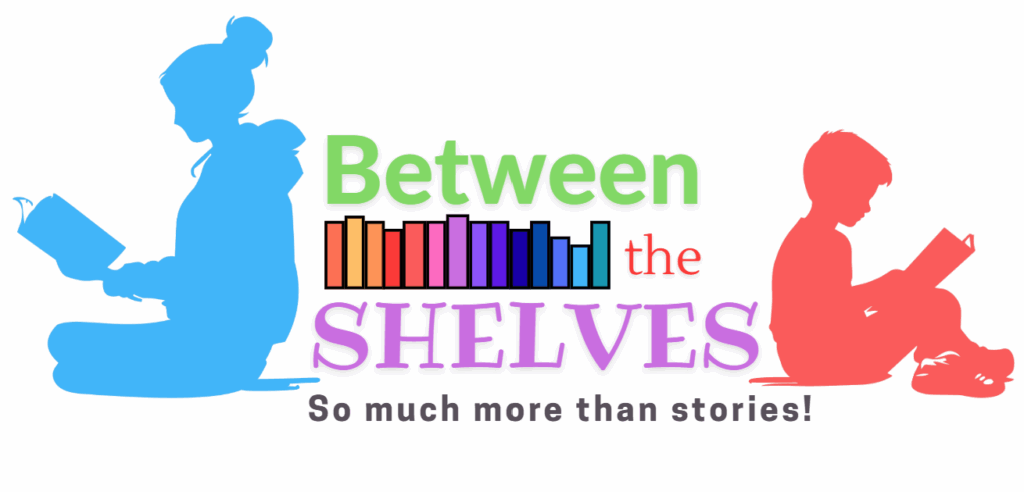
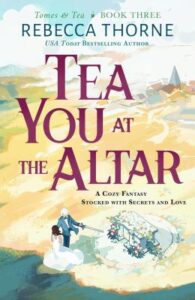 While families across Manhattan and beyond are gearing up for back-to-school season, my fiancé and I are preparing for the biggest event of our lives to date: our wedding. Naturally, as an avid reader of romance and romantasy, I’ve been reading many books with marriage plots and books about creating real life happiness whenever I’m not working on my own happily ever after.
While families across Manhattan and beyond are gearing up for back-to-school season, my fiancé and I are preparing for the biggest event of our lives to date: our wedding. Naturally, as an avid reader of romance and romantasy, I’ve been reading many books with marriage plots and books about creating real life happiness whenever I’m not working on my own happily ever after. July 2 is known as “I Forgot Day.” If you are a forgetful person who frequently forgets anniversaries, birthdays, special occasions, or even to bring the milk from the store on your way back home, then this is the unofficial holiday you should be celebrating.
July 2 is known as “I Forgot Day.” If you are a forgetful person who frequently forgets anniversaries, birthdays, special occasions, or even to bring the milk from the store on your way back home, then this is the unofficial holiday you should be celebrating.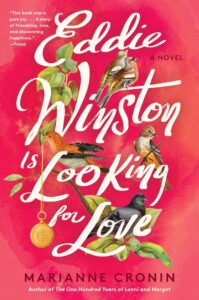 Summer is a great time to sit back and relax with a cold drink and a good book. I’ve gathered some of my favorite light reads to help you unwind.
Summer is a great time to sit back and relax with a cold drink and a good book. I’ve gathered some of my favorite light reads to help you unwind.